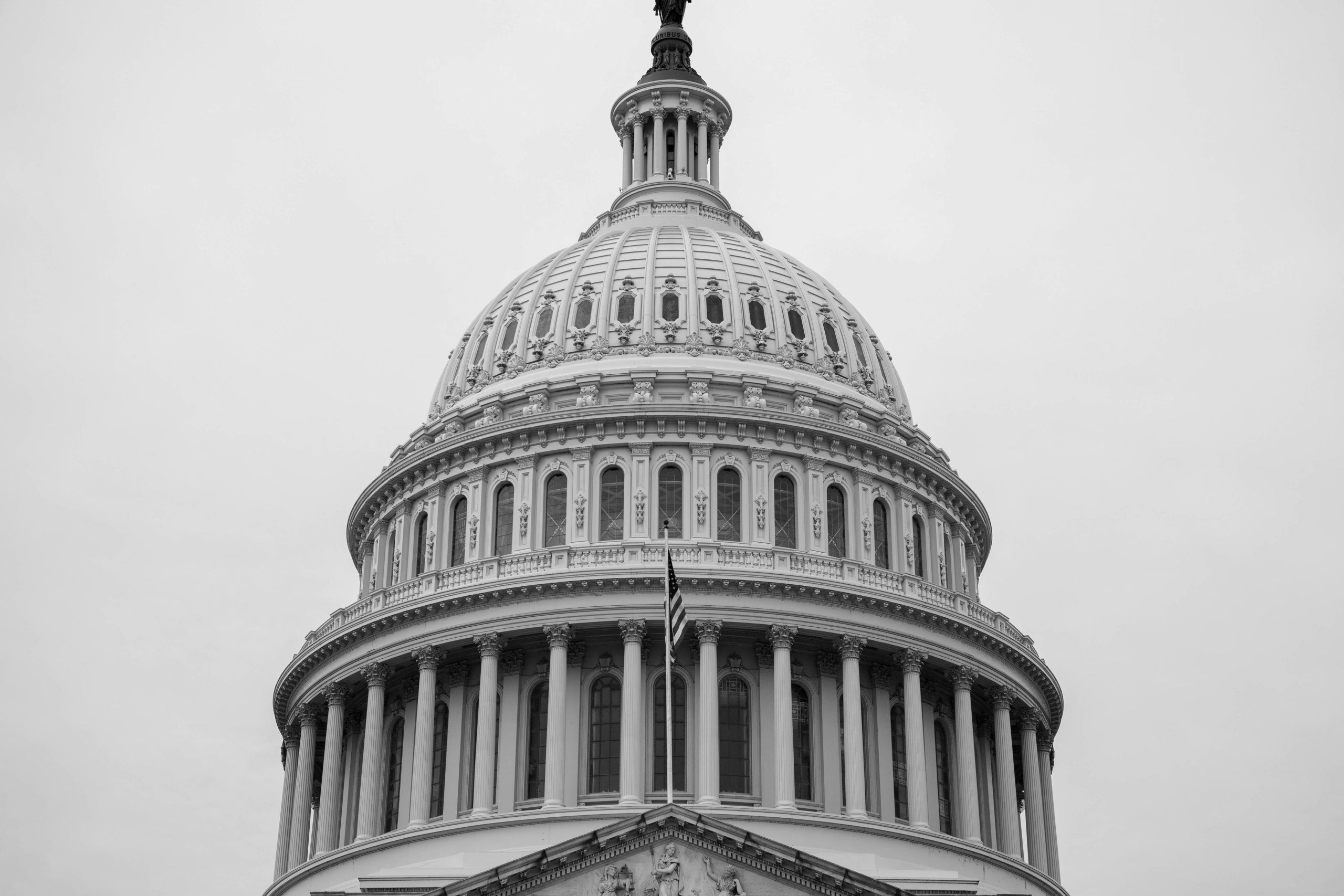A estas alturas ya habrás visto los titulares de las noticias. Ahora analicemos la nueva acción ejecutiva histórica del Presidente Biden sobre inmigración y vayamos al meollo de todo lo que necesitas saber sobre esta orden diseñada para mantener unidas a las familias y brindar más oportunidades a los Dreamers.
Proceso para Promover la Unidad y Estabilidad de las Familias– Legalización de cónyuges Indocumentados de Ciudadanos Estadounidenses
Hoy, 18 de junio de 2024, el Presidente Biden anunció un nuevo proceso que permitirá la protección y legalización de los cónyuges indocumentados de ciudadanos estadounidenses que hayan residido en los Estados Unidos durante al menos diez años a partir del 17 de junio de 2024.
En virtud de la autoridad ejecutiva del Presidente, el Departamento de Seguridad Nacional (DHS), en coordinación con los Servicios de Ciudadanía e Inmigración de los Estados Unidos (USCIS), crearán un nuevo programa discrecional de “permanencia temporal” para que los cónyuges indocumentados de ciudadanos estadounidenses legalicen su estatus mientras permaneciendo en los Estados Unidos.
Aquellos que sean aprobados después de la evaluación caso por caso de su solicitud por parte del DHS tendrán un período de tres años para solicitar la residencia permanente. A los elegibles se les permitirá permanecer con sus familias en los Estados Unidos y ser elegibles para una autorización de trabajo por hasta tres años.
Las personas deben cumplir ciertos requisitos de elegibilidad para convertirse en residentes permanentes legales (titulares de tarjeta verde) bajo este nuevo proceso,
A continuación se encuentran respuestas a preguntas frecuentes sobre esta orden ejecutiva.
Q: ¿Cuáles son los requisitos para que los cónyuges sean elegibles para solicitar el permiso de permanencia temporal y legalizar su estatus en los Estados Unidos?
Para ser considerado caso por caso para una concesión discrecional de permiso de permanencia temporal en virtud de este proceso, una persona debe:
- Estar presente en Estados Unidos sin admisión ni permiso de permanencia temporal;
- Haber estado presente continuamente en Estados Unidos durante al menos 10 años a partir del 17 de junio de 2024; y
- Tener un matrimonio legalmente válido con un ciudadano estadounidense a partir del 17 de junio de 2024
- No tener antecedentes penales que lo descalifiquen o de otra manera constituir una amenaza a la seguridad nacional o la seguridad pública y
- Merecer un ejercicio favorable de discreción para recibir permiso de permanencia temporal
 Visa Lawyer Blog
Visa Lawyer Blog












